
Natal astrology uses an individual’s birth date, time, and location to create a personalized astrological chart. This chart maps the positions of celestial bodies at the moment of birth and is believed... Read more »
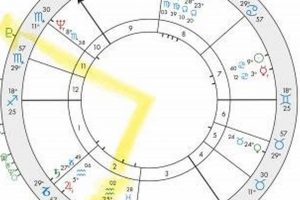
In astrology, the continuous movement of planets around the solar system is observed and interpreted. These celestial bodies’ positions relative to the positions of the planets at the time of an individual’s... Read more »
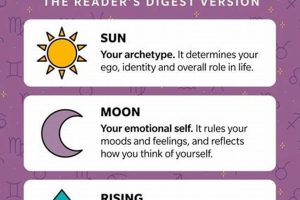
In astrological practice, the celestial body at the center of our solar system represents the core essence of an individual their ego, sense of self, and fundamental character. It signifies vitality, willpower,... Read more »

In astrological charts, a square represents an aspect where two planets are 90 degrees apart. This angular relationship is often associated with tension, challenges, and dynamic energy requiring action and resolution. For... Read more »
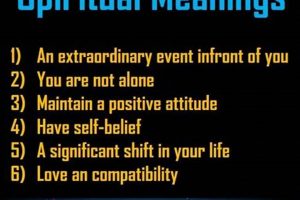
In astrology, the positioning of planets within the celestial sphere forms specific geometric relationships relative to Earth. These configurations range from two planets occupying the same degree in the zodiac (a conjunction)... Read more »
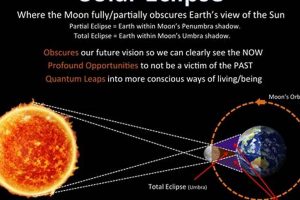
In astrological practice, eclipses are significant events, symbolizing periods of rapid transformation, unexpected change, and accelerated growth. They are seen as catalysts that can bring hidden matters to light, expose vulnerabilities, and... Read more »
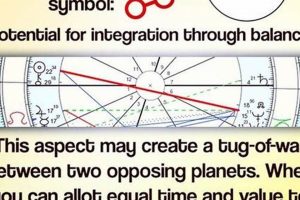
In astrology, two celestial bodies are considered to be in this configuration when they are approximately 180 degrees apart in the zodiac. This placement creates a dynamic of tension and polarity, similar... Read more »

In Vedic astrology, a gana represents a temperament or behavioral archetype. Three categories classify individuals: Deva (divine), Manushya (human), and Rakshasa (demon). Each possesses distinctive traits. For instance, Deva tends towards righteousness... Read more »
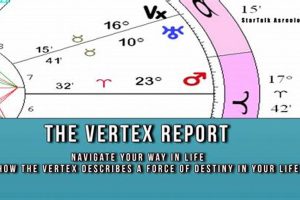
In astrology, this sensitive point in a birth chart is calculated using a specific formula and is considered an auxiliary Descendant. It represents a destined meeting point, often associated with fated encounters... Read more »
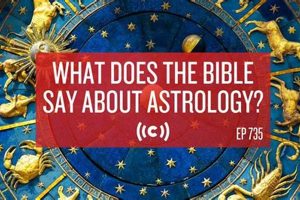
The Bible contains several passages that express disapproval of practices related to celestial bodies, including divination through constellations. Deuteronomy 4:19, for instance, cautions against worshipping the sun, moon, and stars, which God... Read more »


